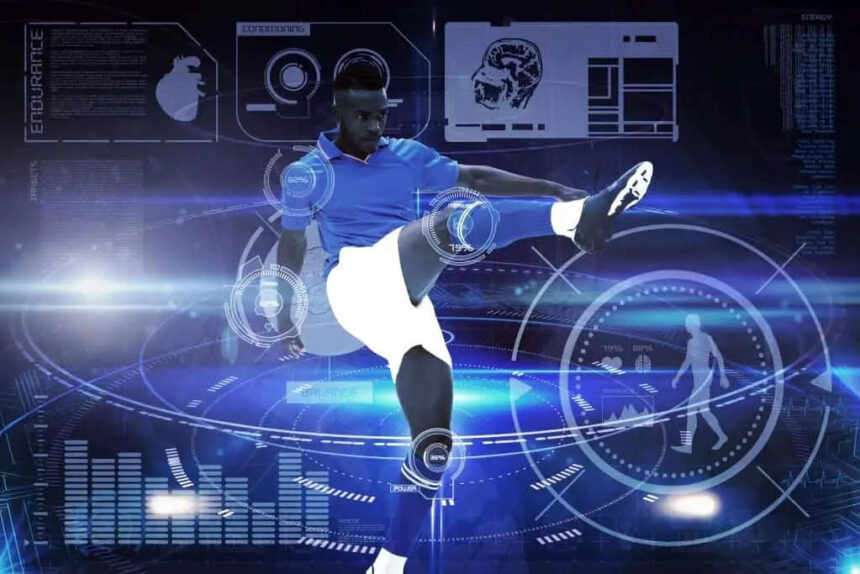Football has always been a sport of passion, unpredictability, and raw emotion. But with the rise of Artificial Intelligence (AI) in the game, the dynamics of the beautiful game have taken a sharp turn. AI has revolutionized everything from player analytics to refereeing decisions, but has it truly enhanced the spectacle, or is it draining the soul out of the sport? That’s the debate we tackle in this deep dive.
The Rise of AI in Football
AI’s presence in football is undeniable. Video Assistant Referee (VAR) technology has drastically reduced human errors, ensuring more accurate calls on offsides, penalties, and goal-line decisions. Coaches now have cutting-edge data to fine-tune tactics, optimize formations, and develop personalized training regimes to prevent injuries. Scouts use AI to unearth hidden gems, analysing a player’s strengths, weaknesses, and long-term potential with pinpoint accuracy.
AI-driven predictions have also taken hold, forecasting match outcomes, potential scorers, and even tournament winners – becoming a game-changer in football betting and pre-match analysis. The technology is here to stay, but is it all sunshine and rainbows?
The Dark Side of AI in Football
For all its perks, AI hasn’t been without controversy. The introduction of VAR, while making officiating more precise, has disrupted the natural flow of matches. Picture this: a player scores a worldie, sends the stadium into raptures, only for the referee to consult VAR and rule the goal out for a marginal offside. The mood shifts from euphoria to exasperation in seconds.
Some argue VAR is killing the spontaneity of football, with constant interruptions and lengthy reviews testing the patience of players and fans alike.
Moreover, AI isn’t flawless. Human referees and AI systems don’t always see eye to eye, leading to inconsistencies in decision-making. Some referees struggle with VAR implementation, leaving room for miscommunication, controversial calls, and accusations of bias.
VAR: A Necessary Evil?
Despite its drawbacks, VAR has undeniably made football fairer. It reviews crucial moments like offside calls, red cards, and potential penalties with forensic precision. It tracks player movements, detects fouls, and provides instant replays to assist referees in making the right calls. However, the final decision still rests with the referee, keeping the human element alive in the sport.
Yet, the debate rages on. Footballing legends and analysts remain divided on VAR’s impact:
- “VAR is a mess. It’s a total mess. It’s changing the game too much.” – Jose Mourinho
- “VAR is progress. It’s better than what we had.” – Mark Davies
- “VAR is the future of football. It’s here to stay, and we need to embrace it.” – Ahmed Musa
- “VAR is a bit of a nightmare. It’s slowing down the game too much.” – Thierry Henry
- “VAR is a blessing and a curse. It’s slowed down the game, but it has also made it fairer.” – Collins Okinyo (Kenyan football journalist)
- “VAR has improved the game, but it’s still a work in progress. It’s not perfect, but it’s getting better.” – Michael Odibetor (Nigerian football analyst)
Final Whistle
Love it or loathe it, AI has left an indelible mark on football. The game is evolving, and while VAR and AI analytics bring precision and fairness, they also risk sanitizing the raw emotions that make football so special. The challenge now is striking the right balance – leveraging AI to enhance the game without stripping away its soul.
One thing’s for sure: the AI revolution in football is just getting started, and the debates will rage on in pubs, stadiums, and pundit panels for years to come.







